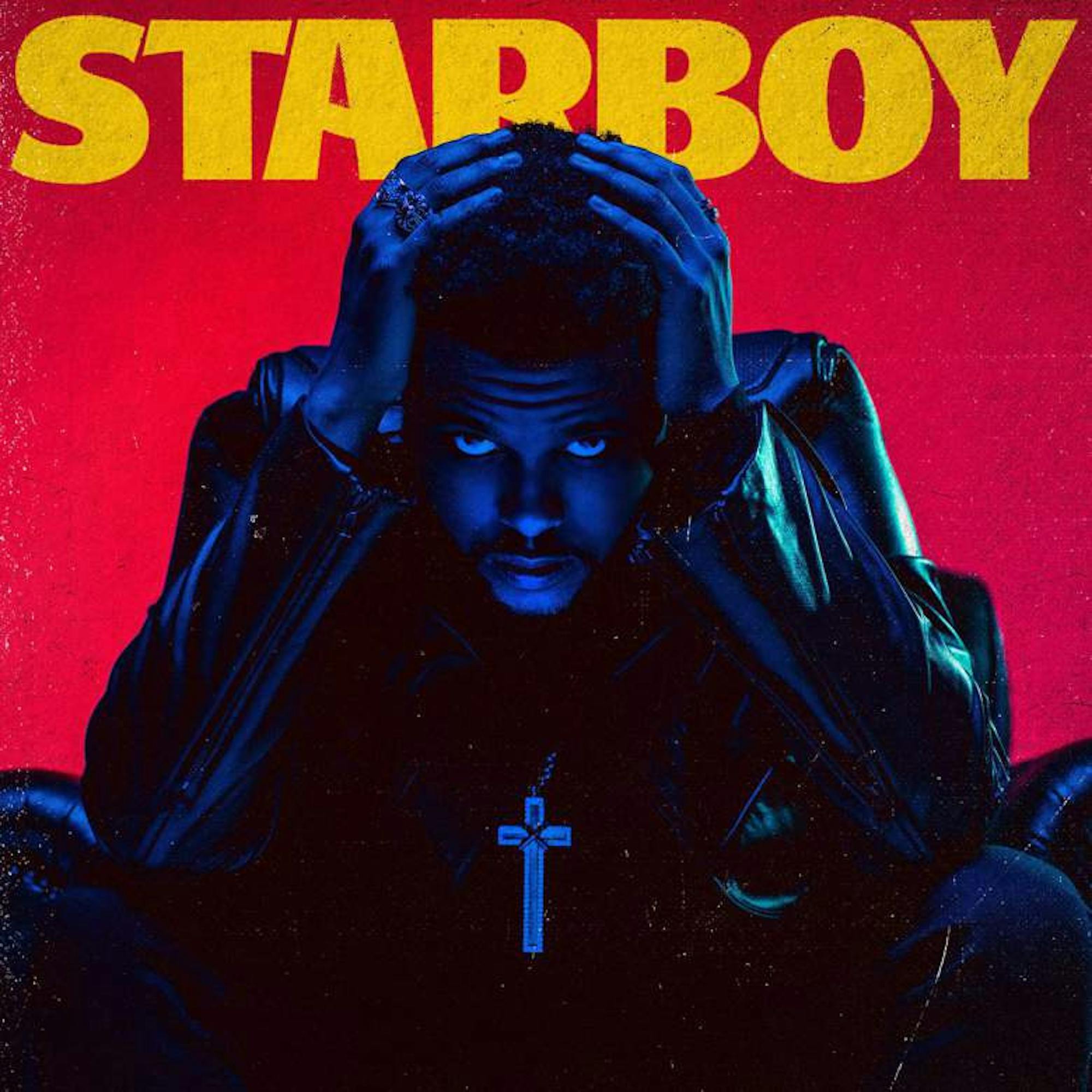When Canadian singer-songwriter Abel Tesfaye first began releasing music under the moniker The Weeknd back in 2010, no one could have predicted his emergence as a cultural phenomenon on the scale that he is now. Sure, there were glimmers of pop stardom beneath the surface, especially with the release of his electrifying cover of Michael Jackson’s “Dirty Diana” (1988) off his third mixtape “Echoes of Silence” (2011). However, his first studio album, “Kiss Land” (2013) merely ended up feeling like a bad continuation of his largely innovative mixtapes.
Beginning with the release of the sultry but poppy “Earned It” (2014) from the soundtrack to the film “Fifty Shades of Grey” (2015), The Weeknd made a play for top 40 radio dominance, and the release of his sophomore album, “Beauty Behind the Madness” (2015), saw this goal become a reality, as the record spawned two massive hits: the disco-esque “Can’t Feel My Face” and the eerie “The Hills.” It was around this time that The Weeknd’s style of pop, largely built around dark themes of drug abuse, sex and self-destruction, began to become ubiquitous on the radio, with artists such as Ariana Grande and ZAYN benefiting from this R&B-influenced shift. After he effectively conquered the airwaves, the time had come for The Weeknd to try something new.
This brings one to the release of “Starboy,” The Weeknd’s third album since 2013. Released on Nov. 25, the LP sees him taking up an alternate persona this time around, perhaps in response to his newfound popularity. However, The Weeknd makes little attempt to push himself in a radically new sonic direction, which results in a record that feels like it is caught between the new “Starboy” and the artist's old personas over its bloated 18 tracks.
There are still plenty of high points on The Weeknd’s third LP. “Starboy” is bookended by two fantastic and very different collaborations with the French electronic duo Daft Punk. The album’s eponymous opener sets the mood for this concept record of sorts as The Weeknd embraces a new slick, Euro-inspired sound and bitingly tells the listener “Look what you've done,” in response to his newfound fame. “I Feel It Coming,” on the other hand, is a bright, airy pop song and juxtaposes sparkly synths with The Weeknd’s crooning on lines such as “You've been scared of love and what it did to you / You don't have to run, I know what you've been through.”
On “Starboy,” the Weeknd continues his successful collaborations with pop heavyweights, including Max Martin, Cashmere Cat, Cirkuit, Benny Blanco and Diplo. In particular, the highlight of his work with Martin, the man behind his previous hit “Can’t Feel My Face,” comes in the one-two punch of “Rockin’” and “Secret.” The two tracks flow seamlessly from one to the other yet feature two very different takes on 80s dance-pop: the former is slightly unoriginal but makes up for it with its euphoric baseline, while the latter has a fantastic chorus built around the repetition of “I hear the secrets that you keep / When you're talkin' in your sleep.”
Even though The Weeknd’s third LP suffers from a bit of an identity crisis, some of the record’s more R&B-sounding tracks rank among the best of The Weeknd’s discography. The downtempo “Reminder” uses a simple synth line as he critiques his own rise to mainstream popularity, singing “I just won a new award for a kids show / Talking 'bout a face numbing off a bag a blow / I'm like goddamn b**** I am not a Teen Choice.” His collaboration with the particularly omnipresent Kendrick Lamar, “Sidewalks,” recounts each artist’s particularly rough upbringings and features the line “Sidewalks saved my life / They don't ever lie,” a metaphor about overcoming the past to reach the present.
The main problem with “Starboy” is that so much of the album does not feel essential. While experiments such as “False Alarm” and “Six Feet Under” are appreciated, they never feel fleshed out enough to justify their existence. The same goes for the repetitive collaborations with Martin and Cashmere Cat as they continue to show up with diminishing returns on tracks like “Ordinary Life” and “Die For You.” Even the presence of Lana Del Rey on the meandering “Party Animal” and all too short “Stargirl Interlude” hurts the record by never truly capturing the magic that makes each of them such talented stars.
“Starboy” is a decent pop record but clearly not the magnum opus The Weeknd was going for, which ultimately makes the final result all the more disappointing.
The Weeknd shoots for the stars on uneven 'Starboy'

Summary
The Weeknd’s “Starboy” is flawed but essential pop, marking another chapter in the gradual transformation of the once indie R&B star.
3 Stars





